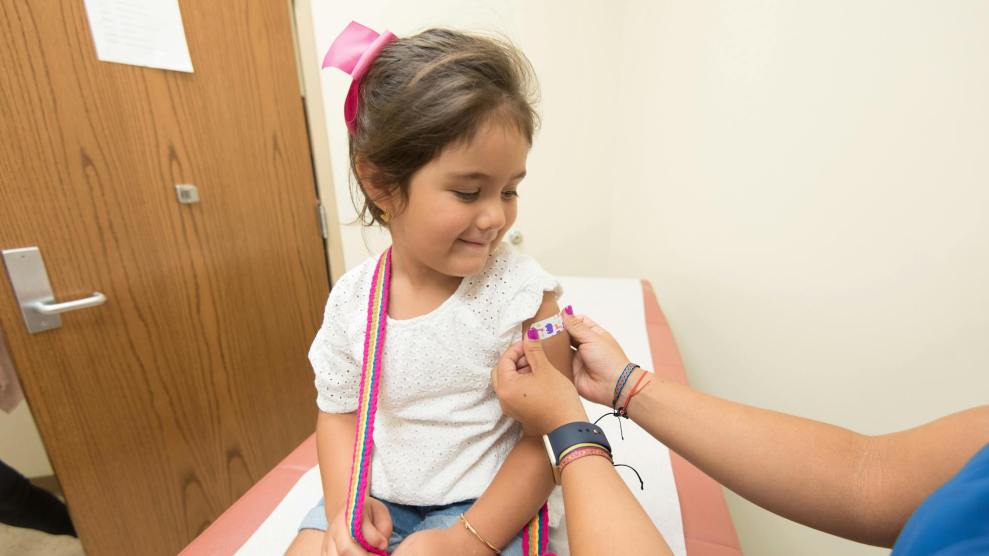Below is a guest blog entry by Hong Kong-based journalist Don Duncan.
In Buddhist Bhutan, it is common wisdom that every creation requires destruction. That’s hearteningly optimistic for the Western economists who descended on the tiny country for the international Gross National Happiness Conference last week.
Gross National Happiness, or GNH, requires that advances be made on nine key fronts in order for national progress to be achieve—education, health, culture, community vitality, living standards, psychological wellbeing, the ecology, and balanced time use. All government policy making in Bhutan is guided by these principles.
During the high capitalism of Reaganomics, Thatcherism and, more recently, free market fundamentalism, the doctrine met with incredulity and derision. Even if you can define national happiness, how on earth can you measure it?
Realizing that Gross National Happiness doesn’t stand a chance on the international marketplace of economic ideas without an index to measure it, Bhutan has gone and devised one. Much like GDP, the GNH Index is a figure comparable across nations and through time. Survey results on no less than 72 aspects of living in a given country are put through a complex set of algorithms to arrive at the single number. “Defining happiness for everyone is not what is important,” says Dasho Karma Ura, president of the Center for Bhutan Studies. “What is important is providing the conditions through which people can achieve happiness as they understand it.”
The idea is catching on. Last week, the narrow, hilly streets of the country’s capital, Thimphu, were littered with foreign economists, educators, and public policy consultants, all trying to solve for the world’s new economic reality.
“Here you have developing countries [like Bhutan], challenging what the best way is to go about development,” says Jon Hall of the Paris-based Organization for Economic Cooperation and Development.
On the Western front, projects like the Canadian Index on Wellbeing and State of the USA both make use of ideas founded in Bhutan, which can be explored now on the website Grossnationalhappiness.com, launched in Thimphu.
But perhaps the most significant GNH-style project of all is in France. The Quality of Life Commission, initiated by President Sarkozy and helmed by economic heavyweights Joseph Stiglitz and Armatya Sen, will launch with its finding and recommendations next year. The commission’s work promises to move policy from the singular logic of profitability to the plural logic of GNH—not only in France, but throughout the European Union.
And in America? President-elect Barack Obama is definitely seen as like-minded by at least one Bhutanese. “Obama is using the same vocabularies,” says Dasho Karma Ura. “He wants to bring health care back, wants to improve education, environmental responsibility…We are basically talking about the same things.”
Don Duncan is a freelance journalist based in Hong Kong. Research assistance provided by the Investigative Fund of the Nation Institute.















